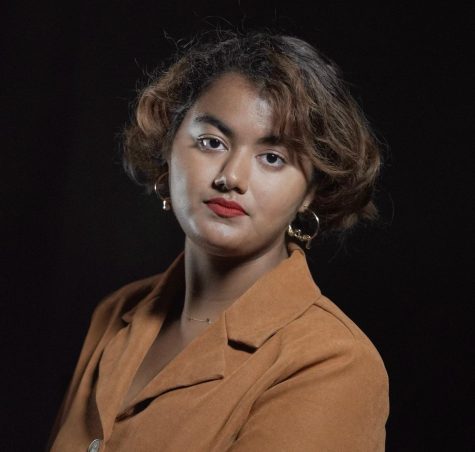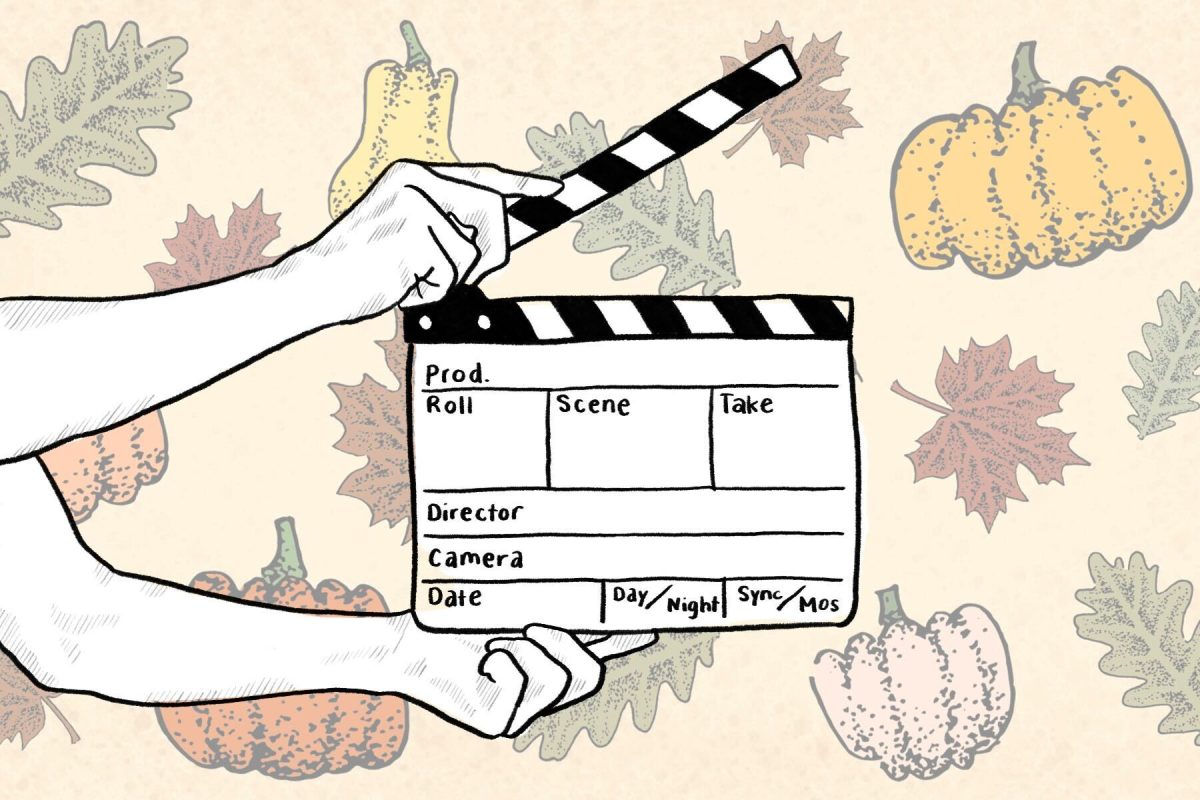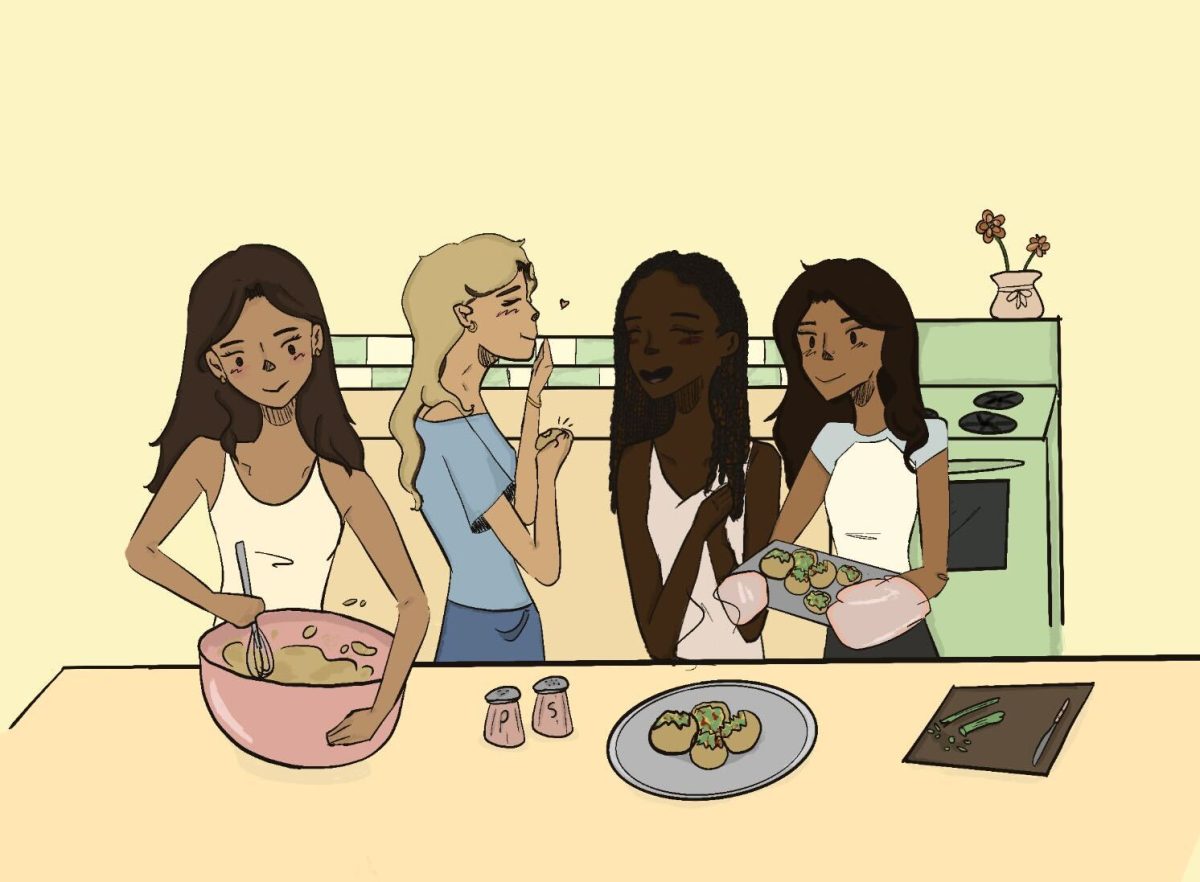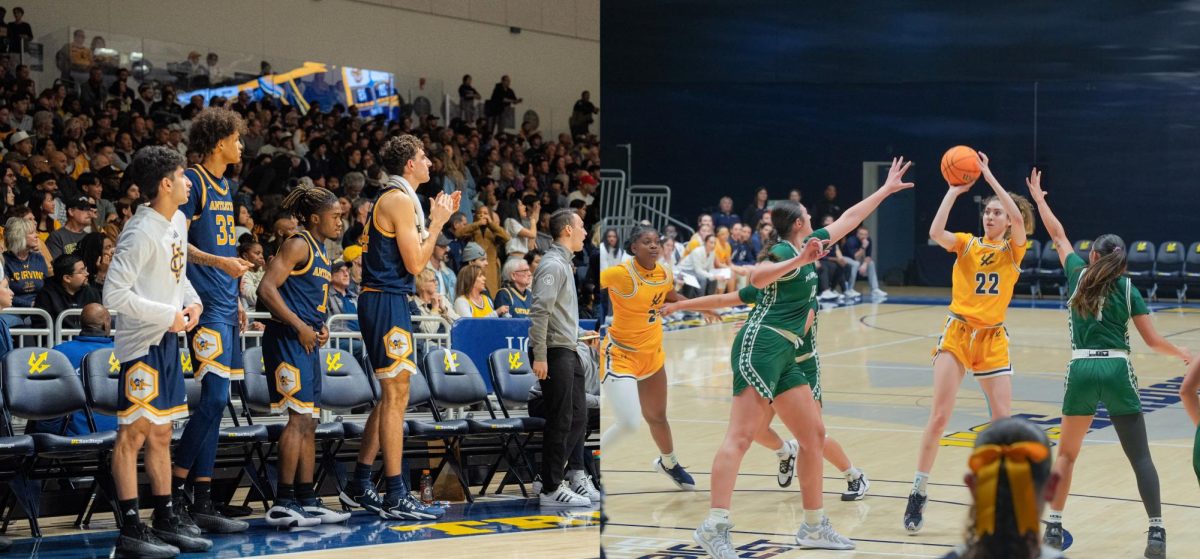Annoyingly Positive, yet Unsatiated with Slow Change
Reflections on an interview with Sophia Kianni about imperfect youth and how we can build authentic and sustained power without asking for permission
Photo by Courtesy of Fortune Magazine/ UCSD Guardian
May 22, 2023
The luxury of time is lost on our generation. The luxury of waiting and asking for permission has long ceased to exist. Our right to live happy and healthy lives has been questioned, but we refuse to see our peers stripped of their light. Instead, Generation Z has shown the world that our willingness to grow and seek change has only vindicated our optimism. The realization that we are the primary drivers of radical change has led to an awakening of our responsibility to take initiative. It is time to stop pleading with powerful people to advocate for change and deprioritize seniority. The ball is in our court. We have to start guiding the discussion. We have to build our independent organizations. Only then can we take charge of conversations on systemic issues that will benefit everybody — not just the wealthy and not just the privileged.
Despite a great deal of individuals in Generation Z wanting to advocate for change, many “literally don’t know how to get involved,” according to Sophia Kianni, a 21-year-old climate activist, the youngest United Nations advisor, founder of Climate Cardinals, and Stanford undergraduate student. There is no easy solution or action, but it is up to our generation to empower the people around us to feel confident in their convictions.
What allowed Kianni to get involved was finding an “amazing community of people who share[d] the same values as [her], with whom [she] could concretely advance issues that [she] cared about.” Though she first joined organizations that advanced action surrounding the climate emergency, she soon shifted to focus on a gap in perceptions of the climate crisis among her peers. This was generally caused by the “low climate literacy rate, despite the fact that it was disproportionately affecting students, [her] relatives in Iran, and [her] community at large.”
To bridge this gap, she started a proactive organization that translated climate resources for people worldwide. Instead of asking for permission from community leaders to talk to their constituents about the impacts of climate change, Kianni took the initiative to enable community members to find translated resources themselves. Understanding the issue is the first step in conceptualizing how to solve it.
While Kianni is a testament to the importance of identifying an issue and problem-solving, she also cautions against creating issues in a “a vacuum.” With no real need to change certain circumstances and an impatience for success, non-profit organizations’ founders can lose motivation, with 30% of them failing within a decade. If an activist or their community are directly impacted by an issue, it is easier to stay motivated in creating change rather than waiting for it to happen. While failing is not ideal, it does not have to be discouraging. The world needs more “imperfect activists” than people who do “everything right.” This is especially true for young people who do not wait for permission from leaders or their elders.
On the practical side, Kianni recommends starting projects with the support of an umbrella organization like MoveOn or Future Coalition. These organizations allow young activists to be plugged in with like-minded individuals and stand shoulder-to-shoulder with leaders they want to emulate. It is “very hard to be something you can’t see,” and joining these groups gives activists the liberty to explore who they want to be. While traction can be built via social media, the best way to garner support is by starting with solving an “immediate need or a need that is more specific to your local area or community.” It is infinitely more powerful for people to see the tangible change you’re bringing to their communities than talking about it as if it is far removed from impacted people. She also suggests getting involved in causes from multiple angles. While Climate Cardinals is her main focus, she often finds intersections with her other interests, such as fashion in sustainability.
Many in our generation are so driven to advocate for progress because they are optimistic about the possibility of a better future. Kianni is no exception, calling herself “annoyingly positive.” These calls to action are being voiced in the hopes that future generations will inherit a world that supports their success. Our hopes and dreams, though, are not limited to those coming after us. They extend to those that came before us and our peers. There is no point in getting into these rooms if we’re not “leaving the door open for other young people to also come.” By not waiting for permission to create space in rooms, we have the opportunity to bring people up with us in the space we create.

















